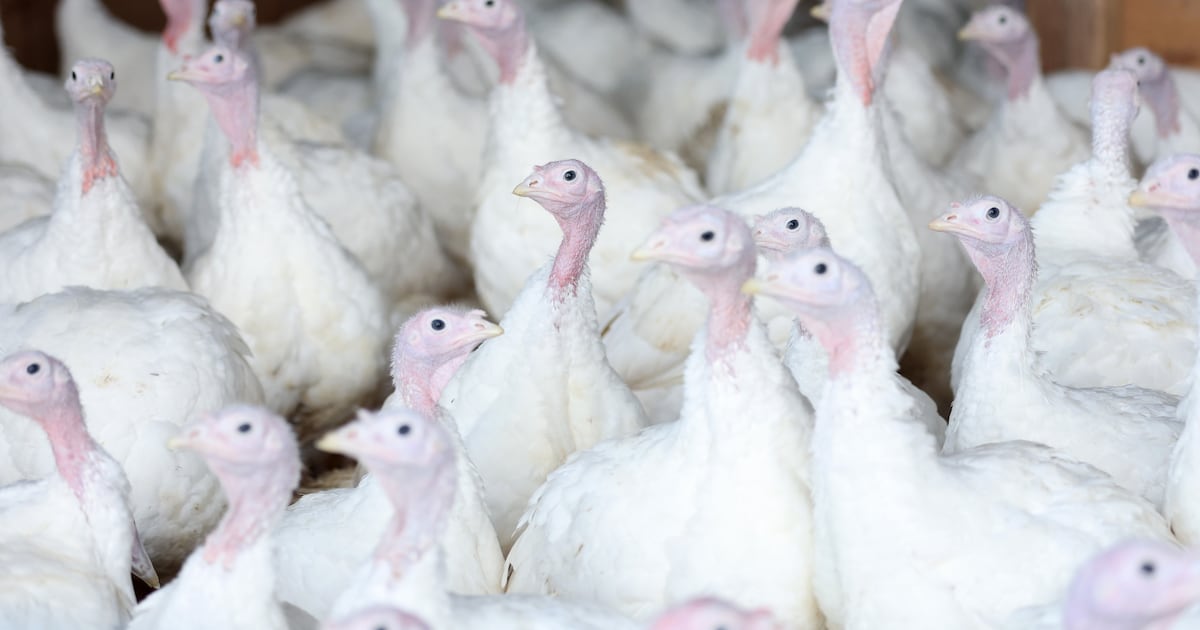The risk of further spread of bird flu has dropped by “as much as 90 per cent” since the Government imposed a ‘housing order’ on Monday, IFA Poultry Committee chairman Nigel Sweetman has said.
Mr Sweetman said the largest danger to commercial poultry was now from very small flocks where “rogue operators” hold back on housing their birds because of a desire to be seen to be supplying ‘free range’ birds for the Christmas market.
He said as bird flu was spread by contact between commercial flocks and wild birds, the housing order would ensure “there will be no shortage of turkeys for Christmas”.
Mr Sweetman also said there would be “no price-gouging” by commercial poultry farmers as birds were reared under contract to large-scale producers such as supermarkets and prices would have been set this summer.
“If there is any price-gouging it will be by the supermarkets,” he said.
Mr Sweetman was speaking after a third outbreak of highly pathogenic avian influenza H5N1 was confirmed.
The latest outbreak was in a commercial flock near Clontibret, Co Monaghan, on Monday, the same day the housing order came into force. Restriction zones have been established around the affected holding, comprising a 3km protection and a 10km surveillance zone in line with national and EU legislation.
Asked if he felt the housing order should have come into effect sooner, perhaps in line with the earlier order in Northern Ireland which came into effect last Thursday, Mr Sweetman said he believed it should have done so. “I personally called for the order when Fota Wildlife Park was closed [in October]”, he said.
“It is like Covid for birds, if they isolate and have no contact with the infection, they will be okay,” he said.
[ Bird flu: what the latest outbreaks mean for Christmas – and are people at risk?Opens in new window ]
The housing order means captive birds must be housed or confined in such a manner that they do not have access to other poultry, captive birds, or wild birds.
The regulations include bio security measures and a ban on gatherings of birds from different premises at shows, fairs and sales.
Minister for Agriculture Martin Heydon said it was known the virus was circulating in wild birds and he stressed the importance of “meticulous attention to biosecurity by all those who keep poultry or captive birds”.
The department confirmed poultry farmers who are compelled to destroy their flocks due to bird flu are eligible for compensation up to the full market value of the birds.
However, Mr Sweetman said the compensation scheme does not cover consequential losses, such as lost income or the cost of resuming production after a cull.
Compensation is also not available for sick or dead birds before a culling order.
The HSE’s Health Protection Surveillance Centre (HPSC) and the European Centre for Disease Control (ECDC) advise that the risk to public health from the strain of Avian Influenza that is circulating is very low. Members of the public are advised not to handle sick or dead wild birds and to report sick or dead wild birds to the Department’s avian check app (AvianCheck).
[ Third recent bird flu outbreak confirmed in RepublicOpens in new window ]

